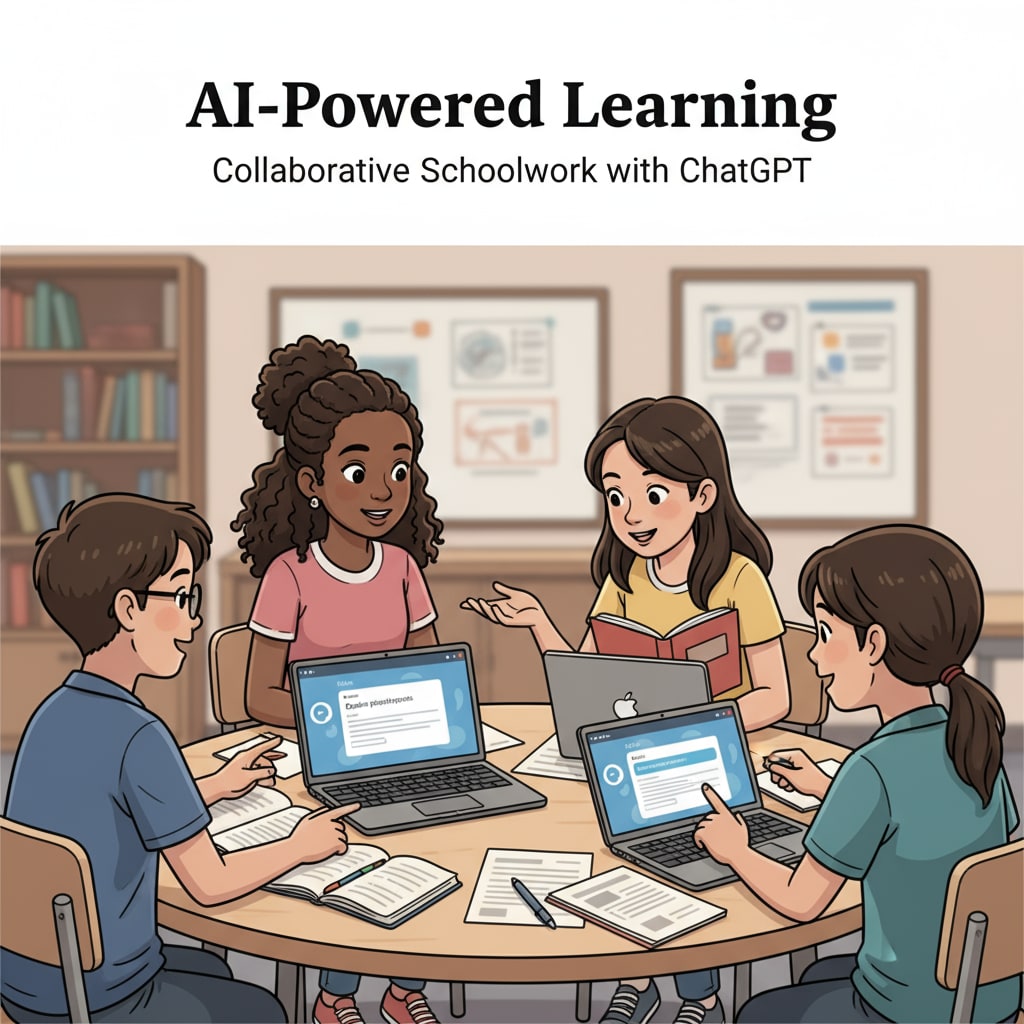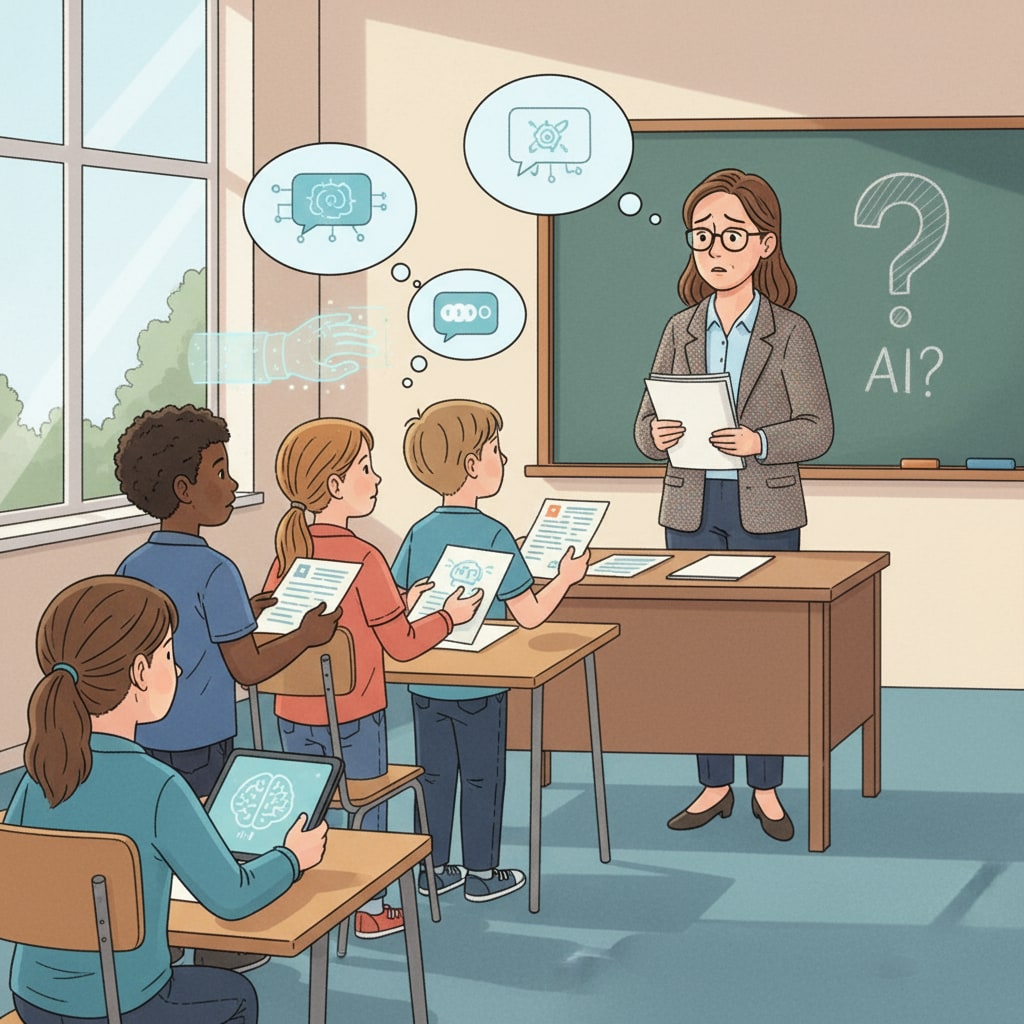The rise of artificial intelligence has brought about a new set of challenges in the realm of education, especially when it comes to academic integrity, ChatGPT, and legal debates. In the K12 education system, students are now more likely to turn to AI tools like ChatGPT to complete their academic tasks. This trend has led to a series of discussions about the ethical boundaries of using such tools.

The AI Revolution in K12 Education
AI has revolutionized the way students approach their studies. Tools like ChatGPT can generate well-written essays, solve math problems, and provide quick answers to various questions. For example, a student struggling with a history assignment can ask ChatGPT to summarize historical events. This easy access to information has made it tempting for students to use these tools to shortcut their learning process. However, this convenience comes at a cost to academic integrity.
The Threat to Academic Integrity
Academic integrity is the cornerstone of education. It involves honesty, trust, and responsibility in the learning process. When students use AI tools to complete assignments without proper citation or understanding, it undermines the principles of academic integrity. For instance, submitting an essay written entirely by ChatGPT as one’s own work is a form of plagiarism. This not only devalues the educational experience but also hinders the development of critical thinking and problem-solving skills in students.

Educators are now faced with the difficult task of detecting and preventing such unethical behavior. They need to find ways to distinguish between work that is genuinely the student’s and work that has been generated by AI. This has led to the development of new detection tools and strategies, but it remains an ongoing challenge.
In addition to the ethical concerns, there are also legal debates surrounding the use of AI in education. Some argue that using AI tools in academic tasks is a violation of copyright laws, as the content generated by these tools may be subject to intellectual property rights. On the other hand, others believe that students should be allowed to use AI as a learning aid, as long as they use it appropriately and understand the implications.
To address these issues, educators and policymakers need to work together. They should develop clear guidelines and policies regarding the use of AI in K12 education. These guidelines should educate students about the proper use of AI tools, the importance of academic integrity, and the potential legal consequences of misuse. For example, schools could offer workshops or courses on digital literacy and ethical use of technology.
Readability guidance: The use of AI in K12 education presents a complex situation. By following the suggestions above, we can better understand and address the issues related to academic integrity, ChatGPT, and legal debates. It is crucial to find a balance between embracing technological advancements and upholding the values of education. Academic integrity on Wikipedia provides more in-depth information on this topic, and Artificial intelligence on Techopedia offers a comprehensive understanding of AI technology.


